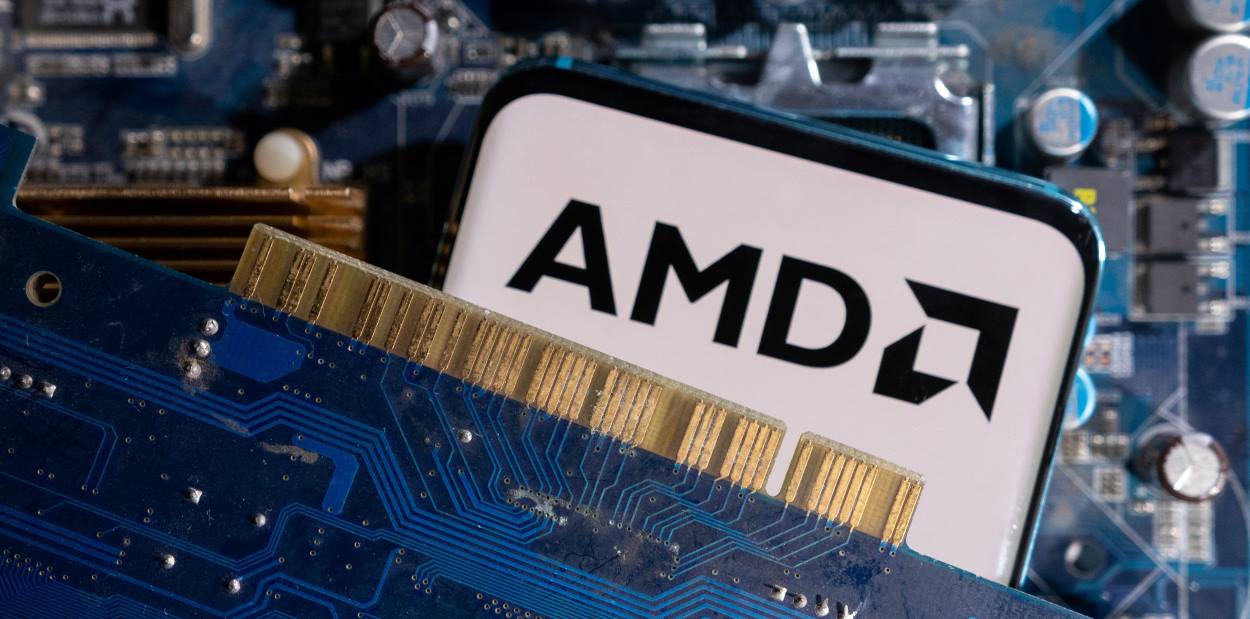AMD announced Monday that it intends to purchase server manufacturer ZT Systems for $4.9 billion to enhance its artificial intelligence chip and hardware development capabilities and compete with industry leader Nvidia.
The acquisition, structured with 75% cash and 25% stock, taps into AMD’s robust cash reserve of $5.34 billion from the second quarter. This strategic move aims to strengthen AMD’s position in a market increasingly driven by AI computing demands, often necessitating clustering thousands of chips to achieve significant data processing power.
CEO Lisa Su highlighted, “AI systems are our number one strategic priority,” underscoring the acquisition’s alignment with AMD’s strategic goals. By integrating ZT Systems, AMD plans to expedite the testing and deployment of its latest AI GPUs, essential for meeting the demands of cloud computing giants like Microsoft.
Further, AMD anticipates separating its server manufacturing business post-acquisition to avoid competition with firms like Super Micro Computer, which has no current plans to retain this segment. The divestiture talks for this business unit have not yet commenced.
ZT Systems, which boasts approximately 2,500 employees, will see its CEO, Frank Zhang, join AMD. Zhang will report directly to AMD’s data centre chief, Forrest Norrod. AMD plans to keep around 1,000 engineers from ZT Systems, reporting annual revenues near $10 billion.
AMD anticipates closing the deal to acquire ZT Systems in the first half of 2025, and projects that sell the server manufacturing business will require an additional 12 to 18 months. The company expects this acquisition to positively influence its adjusted financial results by the end of 2025.
In comparison, Nvidia has broadened its operations from chip designing to selling complete data centres and anticipates generating $105.9 billion from its data centre segment this year. Meanwhile, AMD’s CEO, Lisa Su, disclosed that AMD projects its AI chip revenue will reach approximately $4.5 billion this year, with major clients like Microsoft and Meta Platforms contributing to this growth.






